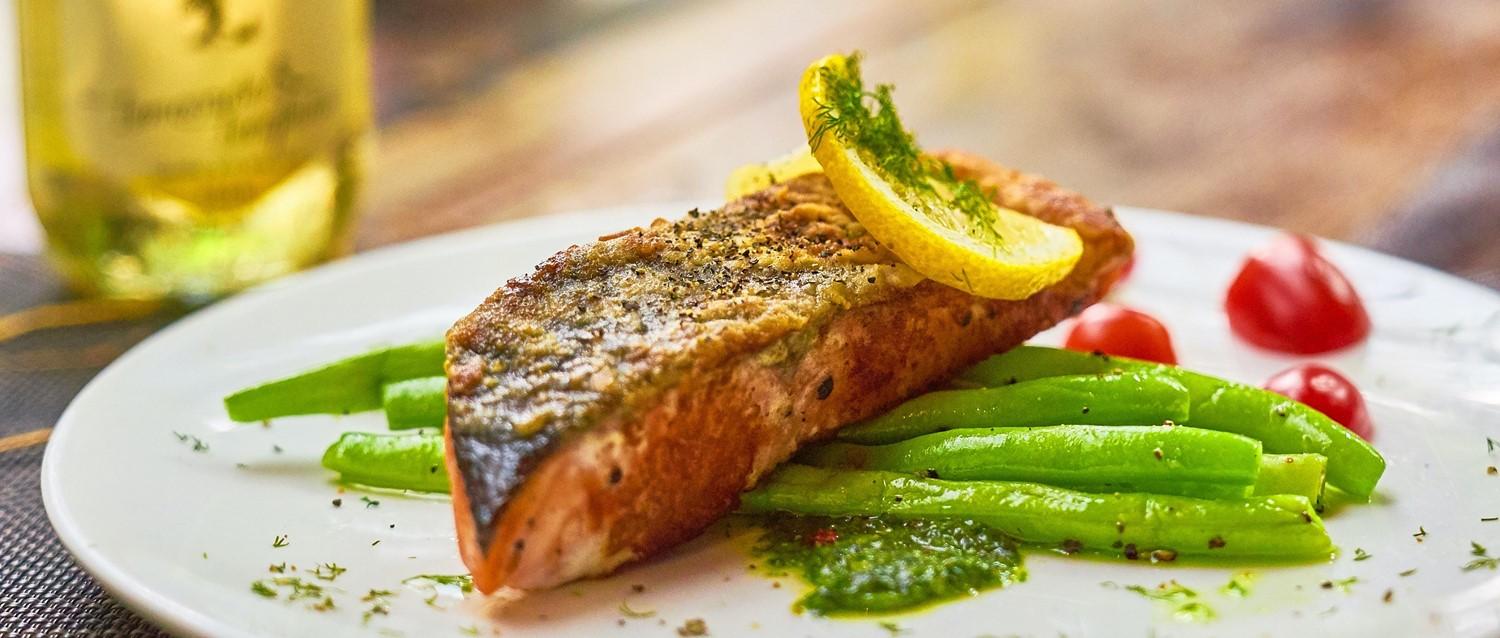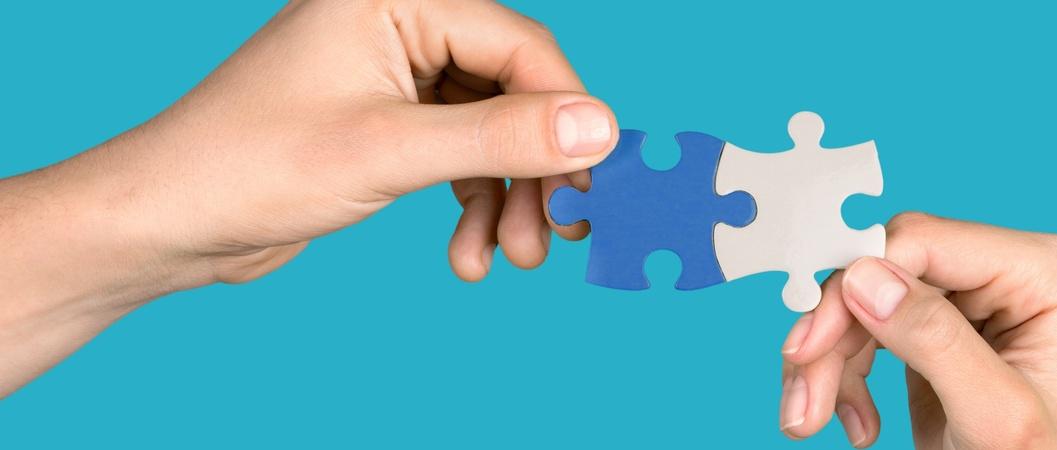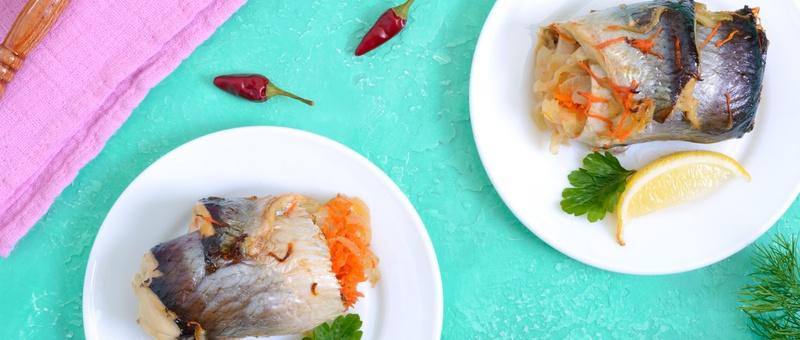
Pescatarian diet: pros, cons, and what you can eat
Peer reviewed by Dr Krishna Vakharia, MRCGPLast updated by Lawrence HigginsLast updated 12 Aug 2024
Meets Patient’s editorial guidelines
- DownloadDownload
- Share
- Language
- Discussion
The pescatarian diet continues to grow in popularity. Here we look at what you can and can't eat, what are the health benefits and if there are any potential issues.
In this article:
Continue reading below
What is a pescatarian?
There are different types and levels of vegetarianism and veganism. For example, semi-vegetarianism - also known as being flexitarian - involves following a mostly vegetarian diet that's occasionally supplemented with any type of meat.
The pescatarian diet is neither fully nor semi vegetarian. A vegetarian avoids eating all animal meats:
Red meat - meat from livestock animals such as cows, pigs, and lambs.
Poultry, or white meat - from birds such as chickens, turkeys, and ducks.
Seafood - from aquatic life such as all fish, crustaceans (such as, lobster and crab), and molluscs (such as scallops and mussels).
A pescatarian eats a vegetarian diet with the addition of fish and other seafood but no other types of meat.
As a pescatarian, exactly how much fish you eat is completely down to you - there is no limitation. Some pescatarians also eat non-meat animal products - such as eggs and dairy products - while others choose not to.
What do pescatarians eat?
Pescatarians can consume all products containing types of fish and other seafood, including:
Salmon.
Tuna.
Cod.
Prawns.
Scallops.
Crab.
Lobster.
Squid.
For a balanced diet, you should also eat a range of vegetarian foods, including:
Fruit and vegetables.
Whole grains and cereals - such as rice, bulgur wheat, and oats.
Legumes - such as all types of beans and peas.
Nuts and seeds - such as flaxseeds and chia seeds.
Eggs and dairy, if lacto-ovo-vegetarian - such as eggs, cheese, and milk.
Why do people become pescatarian?
Back to contentsThere are many possible reasons for becoming a pescatarian. Here are some of the most common:
Ethical motivations - some people are against killing animals for food. While fish are also living creatures, transitioning from an omnivore (meat and plant-based) diet to a pescatarian diet is more manageable for some meat lovers and still limits animal consumption. Also, the conditions in which many land animals (livestock) are raised for slaughter are often seen as poor and inhumane.
Environmental concerns - Raising livestock also comes with an environmental cost. The UN estimates it is responsible for 15% of all man-made carbon emissions making a sizeable contribution to the global warming crisis. Following a pescatarian diet is thought to cause fewer greenhouse gas emissions than those who eat meat every day.
Health benefits - limiting your meat intake is associated with a lower risk of several health issues, including obesity, type 2 diabetes, and heart disease.
Continue reading below
Health benefits of the pescatarian diet
Back to contentsAccording to Clare Thornton-Wood, registered dietitian and British Dietetic Association (BDA) member, a balanced pescatarian diet has many health benefits:
"A pescatarian diet typically includes lots of lean protein in the form of white fish, and plenty of omega-3 fatty acids from oily fish such as salmon, mackerel, fresh tuna, and sardines."
She says the key benefits are:
Omega-3 fatty acids - 'healthy fats' that help keep your heart, blood vessels, lungs, and immune system healthy.
Protein - a nutrient needed for many important functions, including the growth and repair of cells, muscle health, bone health, hormone regulation, and digestive health.
"Coupled with whole-grain cereals, nuts, fruit, vegetables and small amounts of dairy, this forms the basis of the Mediterranean diet which is widely recognised as one of the healthiest lifestyle diets."
Following the pescatarian diet as part of wider healthy eating may help to prevent several health problems, including:
Downsides of a pescatarian diet
Back to contentsEnsure your diet is varied and balanced
"There aren't really any drawbacks of a pescatarian diet, as long as you eat a variety of foods," says Thornton-Wood.
As with all diets, it's all about making sure you're getting enough of the nutrients and minerals you need. For example, red meat is high in iron, so as this is omitted from the pescatarian diet, Thornton-Wood recommends alternative sources of iron such as:
Eggs.
Green leafy vegetables.
Molasses - add to smoothies.
Fortified breakfast cereals.
"If you also exclude eggs and dairy, then getting adequate amounts of calcium, zinc, vitamin B12, and iodine can also sometimes be difficult. Good food choices include fortified plant milks."
Mercury poisoning
The small amount of the toxin mercury found in oily fish is usually harmless - you would need to eat a lot to be at risk of mercury toxicity. But it's worth knowing, particularly if you are pregnant, breastfeeding, or planning to conceive:
However, if you're worried that you're not getting enough of certain nutrients from plant-based foods, a general multivitamin and mineral supplement might be useful. A pharmacist can help you purchase the right supplement for you. If you have any serious concerns about nutrient deficiencies, it's best to consult your GP or a dietitian.
"The NHS advises that if you are pregnant, breastfeeding, or planning to conceive you should eat no more than two portions of oily fish per week as too much could be harmful to the developing or new-born baby," Thornton-Wood cautions.
"Sea bream, bass, turbot, halibut, and rock salmon also need to be limited as they are higher in mercury than white fish. Shark, swordfish, and marlin contain much higher quantities and should be completely avoided by this group, while the rest of the population should limit intake to one portion per week."
Continue reading below
Do pescatarians need supplements?
Back to contents"Usually, if you are eating a balanced diet that includes a variety of foods from all food groups excluding red meat and poultry, then you won't need supplements," advises Thornton-Wood.
How to become a pescatarian
Thornton-Wood's starter tips:
Start gradually if you find this easier, replacing one meat meal at a time with a fish or plant-based one.
Consider other plant-based sources of protein - such as lentils and pulses - and don't wholly rely on fish for protein. Where possible, aim for a couple of different sources each day.
Eat a variety of fish and seafood and aim to get these from sustainable sources.
Try to keep your intake of processed foods to a minimum. People often swap meat products for processed meat substitutes, which are frequently high in salt and saturated fat.
Patient picks for Diet

Diet and nutrition
A hybrid approach to eating: your guide to the pegan diet
We’re all familiar with hybrid concepts - whether it’s working, cars, or even plants. But have you heard of hybrid eating? The pegan diet is a fusion of two popular approaches - vegan and Paleolithic (Paleo) - that brings together the best of both worlds. This nutrient-rich eating style is quickly gaining traction, so let’s look at what it's all about and how it could benefit your health.
by Victoria Raw

Diet and nutrition
What is the Nordic diet?
The Nordic diet originates from the traditional eating habits of regions in northern Europe and the North Atlantic. These colder countries share a dietary approach of locally grown plant-based foods and responsibly sourced game meats. It’s sometimes called the Scandinavian diet, but whichever name you know it by, let's take a look at what it involves, along with its potential health benefits.
by Victoria Raw
Continue reading below
Article history
The information on this page is peer reviewed by qualified clinicians.
Next review due: 7 Aug 2027
12 Aug 2024 | Latest version
2 Sept 2022 | Originally published
Authored by:
Amberley Davis

Ask, share, connect.
Browse discussions, ask questions, and share experiences across hundreds of health topics.

Feeling unwell?
Assess your symptoms online for free
Sign up to the Patient newsletter
Your weekly dose of clear, trustworthy health advice - written to help you feel informed, confident and in control.
By subscribing you accept our Privacy Policy. You can unsubscribe at any time. We never sell your data.